1755 Died: Montesquieu, French lawyer and philosopher (b. 1689)
Charles-Louis de Secondat, Baron de La Brède et de Montesquieu (18 January 1689 – 10 February 1755), generally referred to as simply Montesquieu, was a French judge, man of letters, and political philosopher.
He is the principal source of the theory of separation of powers, which is implemented in many constitutions throughout the world. He is also known for doing more than any other author to secure the place of the word "despotism" in the political lexicon. His anonymously-published The Spirit of Law in 1748, which was received well in both Great Britain and the American colonies, influenced the Founding Fathers in drafting the United States Constitution.
Stamps from Bulgaria, France and Romania commemorating Montesquieu
1837 Died: Alexander Pushkin, Russian poet and author (b. 1799)
Alexander Sergeyevich Pushkin (6 June 1799 – 10 February 1837) was a Russian poet, playwright, and novelist of the Romantic era who is considered by many to be the greatest Russian poet and the founder of modern Russian literature.
Pushkin was born into Russian nobility in Moscow. His father, Sergey Lvovich Pushkin, belonged to Pushkin noble families. His maternal great-grandfather was African-born general Abram Petrovich Gannibal. He published his first poem at the age of 15, and was widely recognized by the literary establishment by the time of his graduation from the Tsarskoye Selo Lyceum. Upon graduation from the Lycee, Pushkin recited his controversial poem "Ode to Liberty", one of several that led to his exile by Tsar Alexander I of Russia. While under the strict surveillance of the Tsar's political police and unable to publish, Pushkin wrote his most famous play, the drama Boris Godunov. His novel in verse, Eugene Onegin, was serialized between 1825 and 1832.
Pushkin was fatally wounded in a duel with his brother-in-law, Georges-Charles de Heeckeren d'Anthès, also known as Dantes-Gekkern, a French officer serving with the Chevalier Guard Regiment, who attempted to seduce the poet's wife, Natalia Pushkina.
1770 Born: David Thompson, English-Canadian cartographer and explorer (d. 1857)
David Thompson (30 April 1770 – 10 February 1857) was a British-Canadian fur trader, surveyor, and cartographer, known to some native peoples as Koo-Koo-Sint or "the Stargazer". Over Thompson's career, he traveled some 90,000 kilometers (56,000 mi) across North America, mapping 4.9 million square kilometers (1.9 million square miles) of North America along the way. For this historic feat, Thompson has been described as the "greatest practical land geographer that the world has produced".
Canadian stamp issued to commemorate David Thompson
1879 Died: Honoré Daumier, French illustrator and painter (b. 1808)
Honoré-Victorin Daumier (February 26, 1808 – February 10, 1879) was a French printmaker, caricaturist, painter, and sculptor, whose many works offer commentary on social and political life in France in the 19th century.
Daumier produced more than 500 paintings, 4000 lithographs, 1000 wood engravings, 1000 drawings and 100 sculptures. A prolific draughtsman, he was perhaps best known for his caricatures of political figures and satires on the behavior of his countrymen, although posthumously the value of his painting has also been recognized.
Daumier's works are found in many of the world's leading art museums, including the Louvre, the Metropolitan Museum of Art and the Rijksmuseum. He is celebrated for a range of works, including a large number of paintings (500) and drawings (1000) some of them depicting the life of Don Quijote, a theme that fascinated him for the last part of his life.
Daumier's 200th birthday was celebrated in 2008 with a number of exhibitions in Asia, America, Australia and Europe.
1923 Died: Wilhelm Röntgen, German physicist and academic, Nobel Prize laureate (b. 1845)
Wilhelm Conrad Röntgen (27 March 1845 – 10 February 1923) was a German mechanical engineer and physicist, who, on 8 November 1895, produced and detected electromagnetic radiation in a wavelength range known as X-rays or Röntgen rays, an achievement that earned him the first Nobel Prize in Physics in 1901. In honour of his accomplishments, in 2004 the International Union of Pure and Applied Chemistry (IUPAC) named element 111, roentgenium, a radioactive element with multiple unstable isotopes, after him.
Today, in Remscheid-Lennep, 40 kilometers east of Düsseldorf, the town in which Röntgen was born in 1845 is the Deutsches Röntgen-Museum.
In Würzburg, where he discovered the X-rays, a non-profit organization maintains his laboratory and provides guided tours to the Röntgen Memorial Site.
World Radiology Day: The International Day of Radiology is an annual event promoting the role of medical imaging in modern healthcare. It is celebrated on 8 November each year, coincides with the anniversary of the discovery of X-rays by Wilhelm Roentgen in 1895. It was first introduced in 2012, as a joint initiative, by the European Society of Radiology (ESR), the Radiological Society of North America (RSNA), and the American College of Radiology (ACR).
Röntgen Peak in Antarctica is named after Wilhelm Röntgen
Stamps from India, Germany and Spain depicting Wilhelm Röntgen
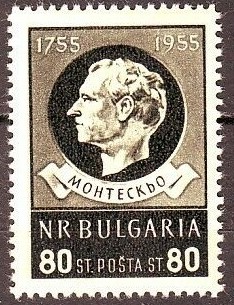

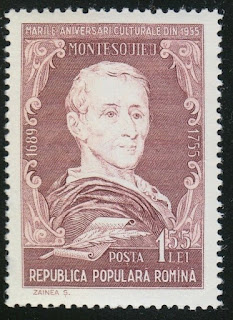
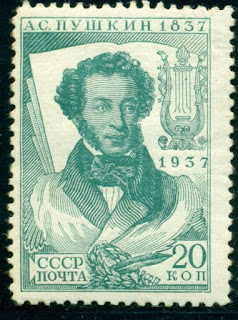




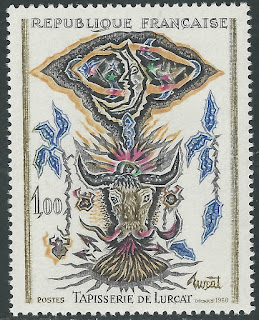





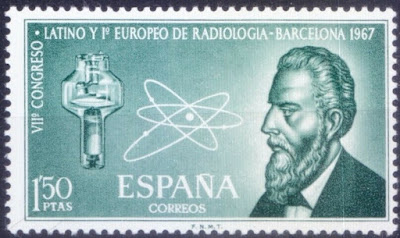
No comments:
Post a Comment